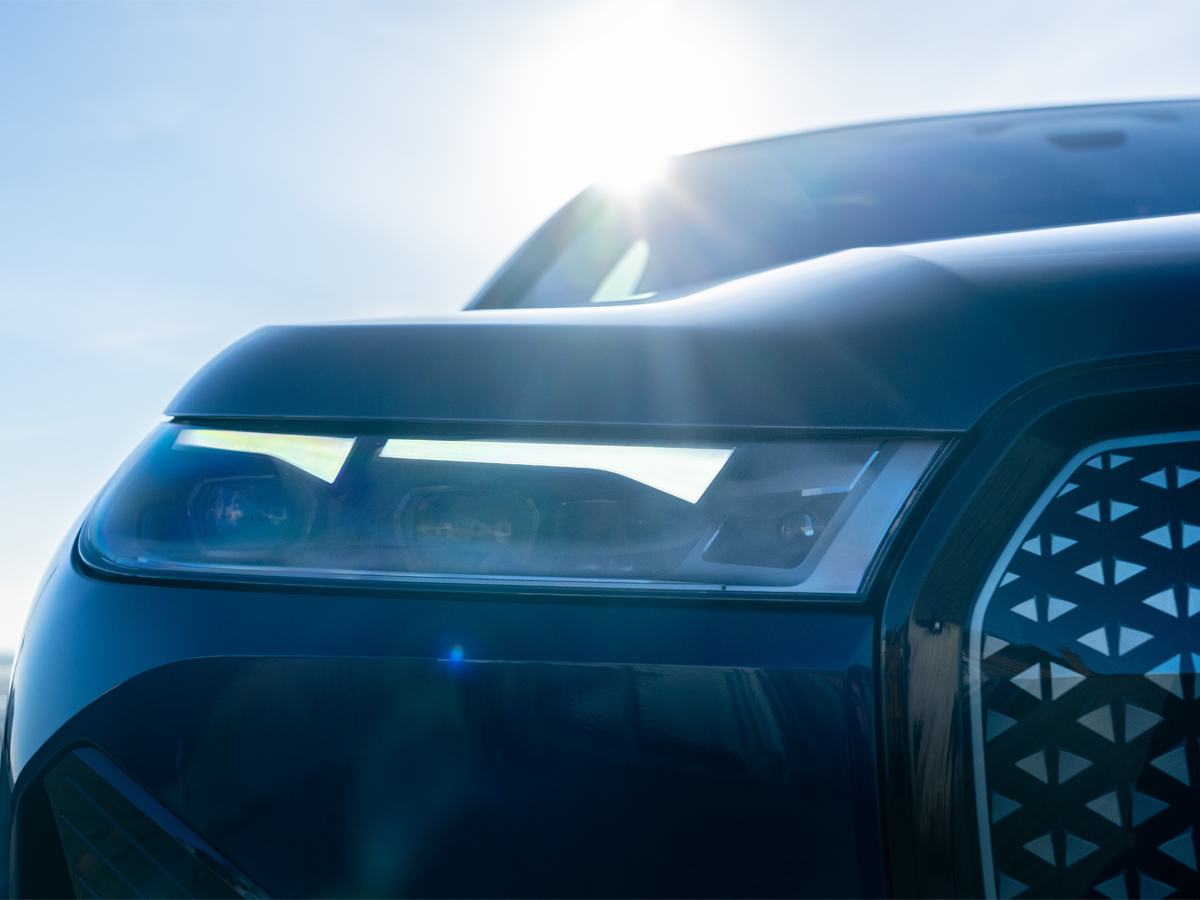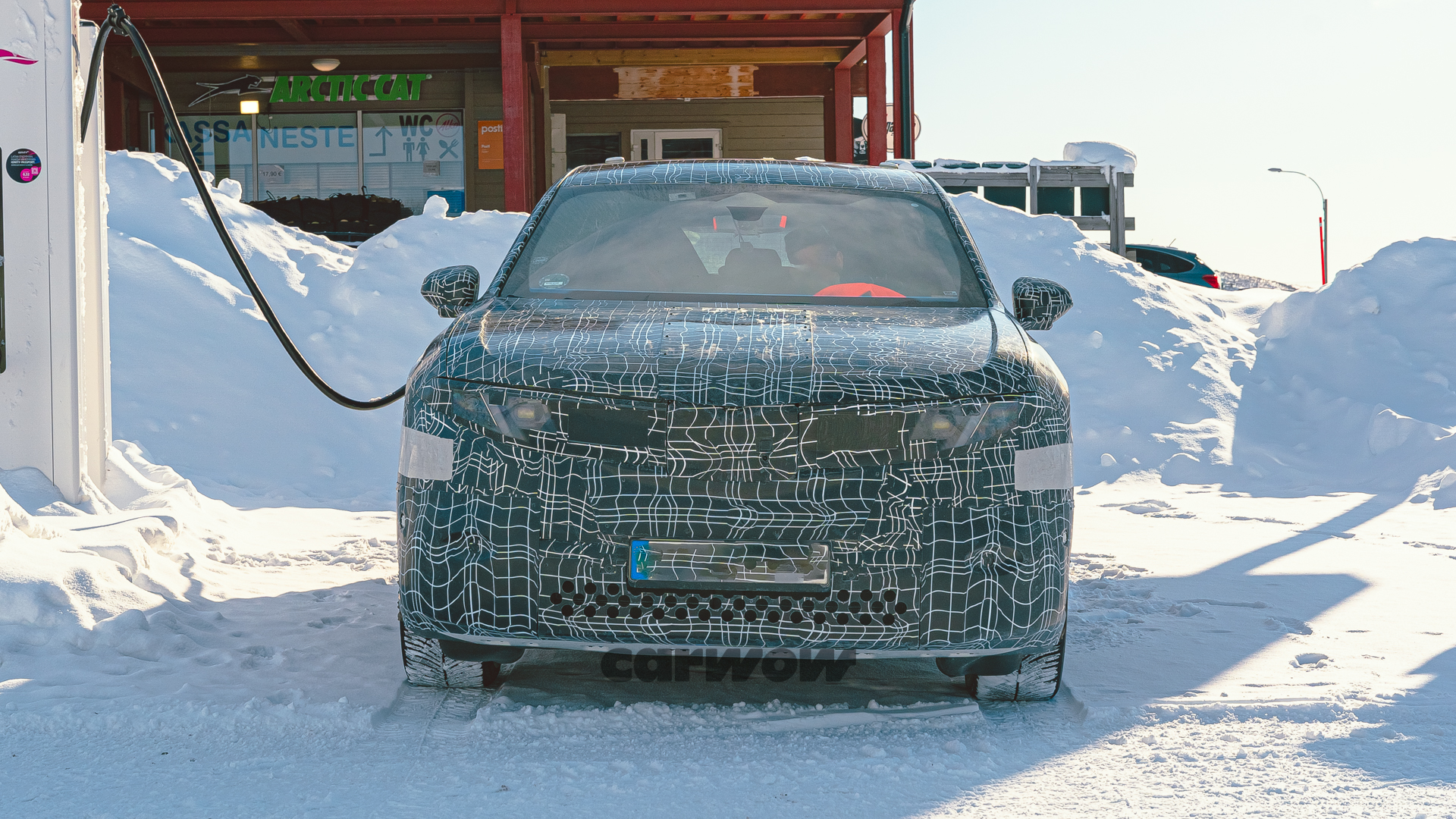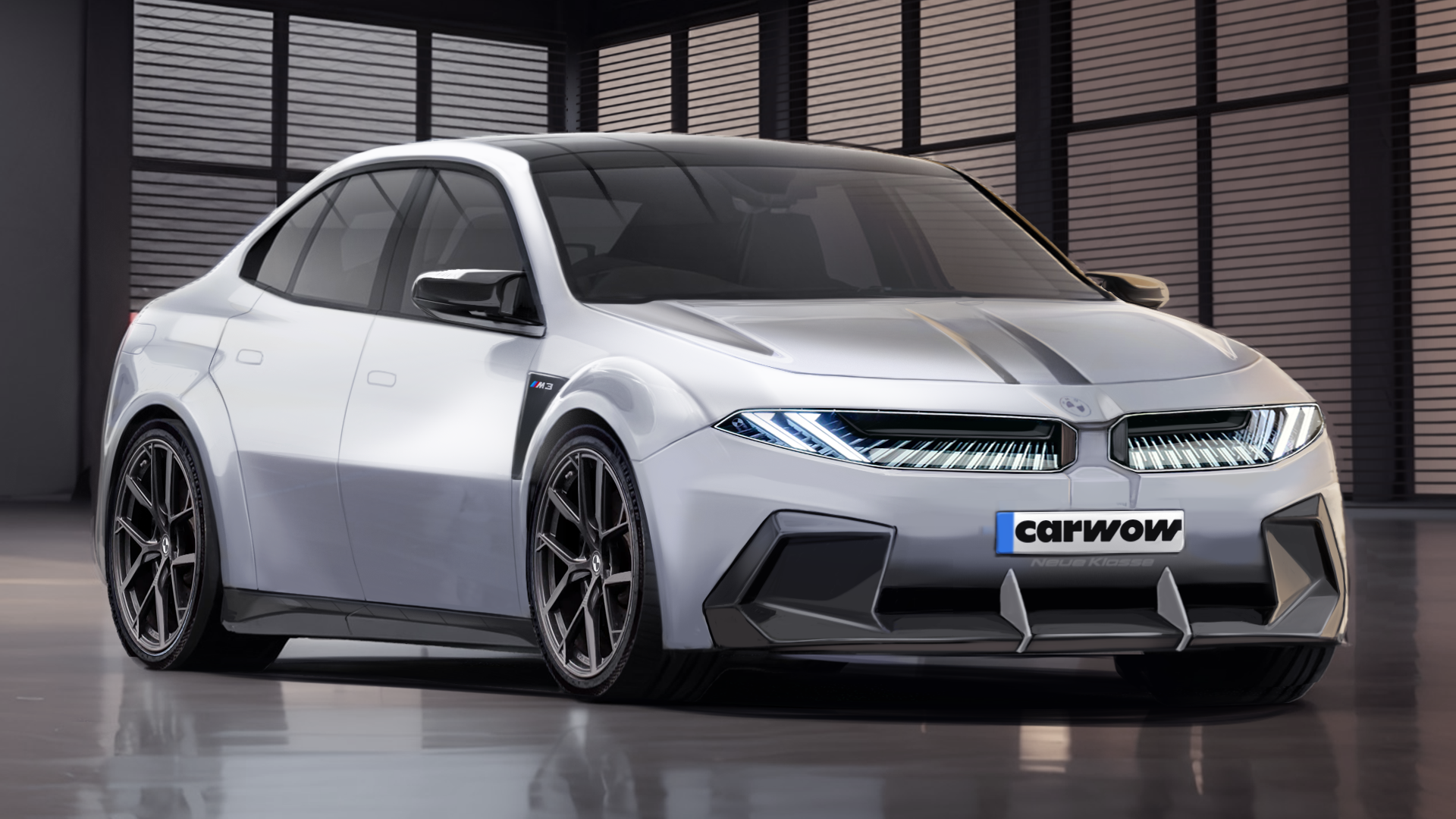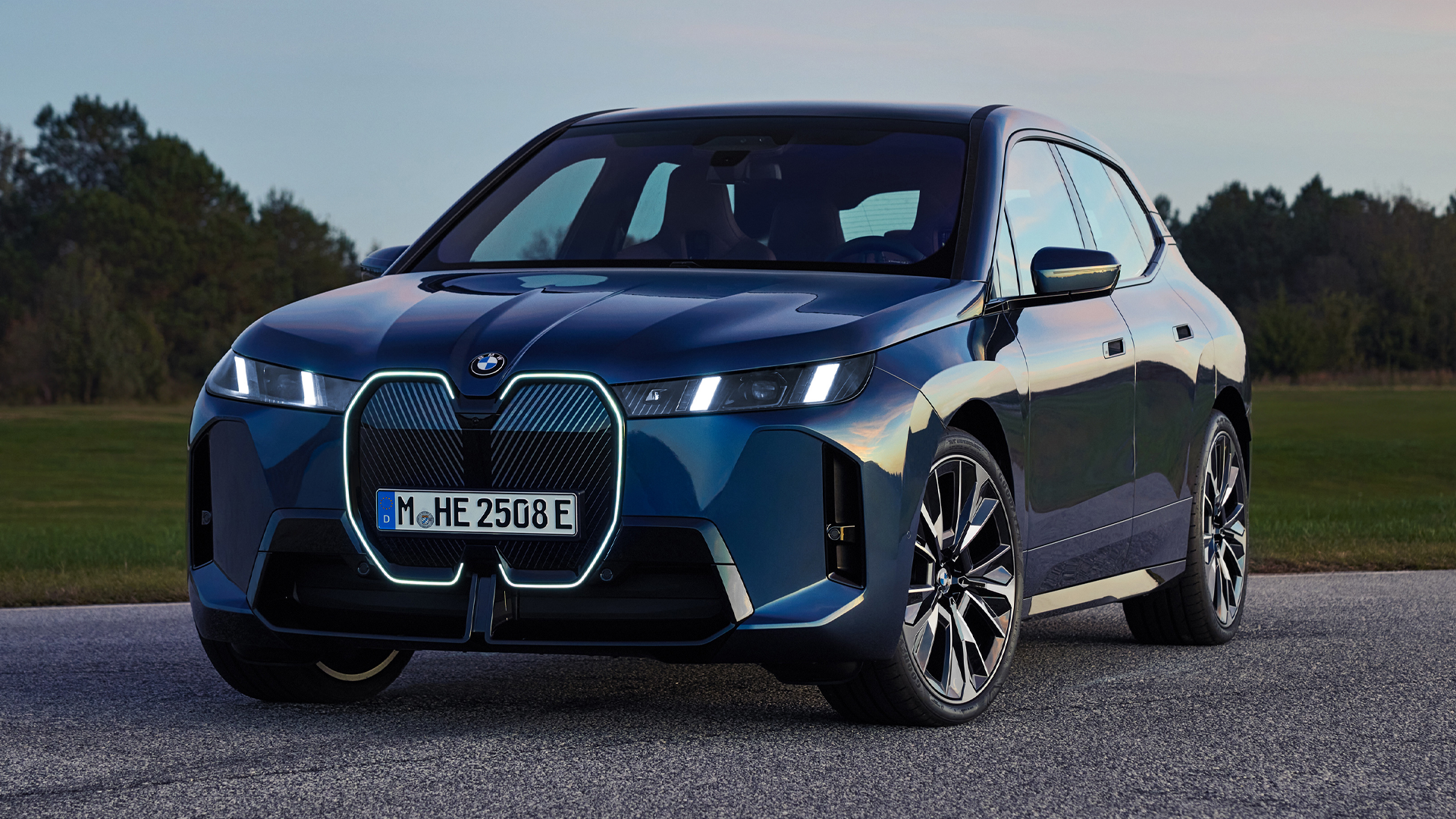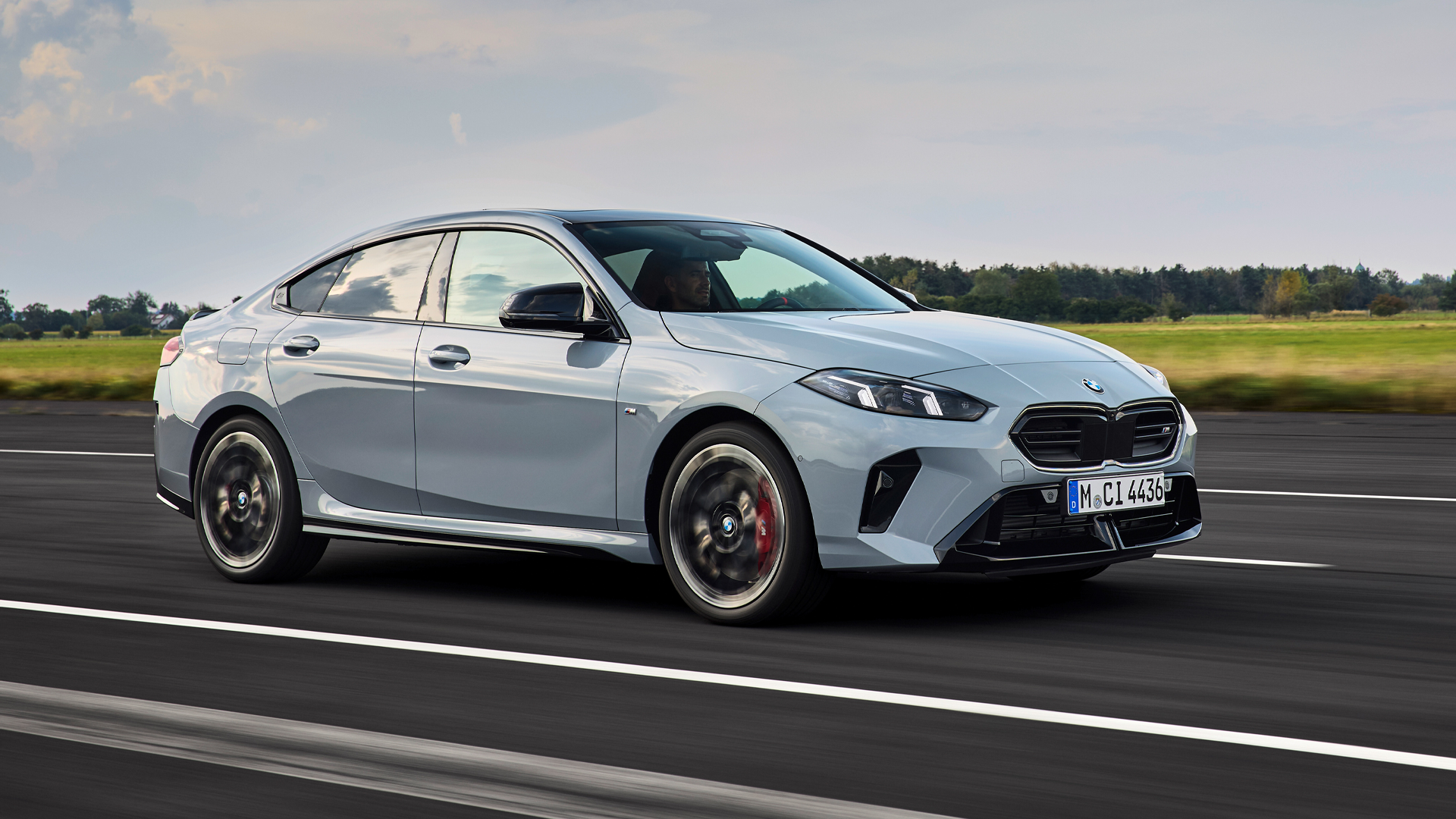BMW electric cars Discover the electric BMW range and compare new and leasing deals
BMW offers a range of premium electric cars, all of which can be identified with the prefix ‘i’ in their name. Many of these models have a petrol and plug-in hybrid (PHEV) equivalent, so while the firm’s mid-size SUV is called the X3, the electric version of this car is known as the iX3. Same goes for the smaller BMW X1 and its EV sibling, the iX1. The BMW iX is a standalone large EV though, while the BMW i4 is an electric version of the BMW 3 Series.
Browse new BMW electric car deals
BMW i4
BMW iX1
BMW iX
BMW iX3
BMW iX2
BMW i5
BMW i7
BMW i5 Touring
BMW i3
Sell your car for what it's really worth
The free, easy way to get 5,500+ dealers all over the UK bidding on your car
Electric BMW car models: current range
BMW offers an electric car at most points in its comprehensive range.
BMW iX1
The iX1 is BMW's smallest electric SUV, and the EV equivalent of the BMW X1. The iX1 is a properly premium product with an excellent interior and great driving manners, and it comes loaded with plenty of sophisticated tech and luxury features. The iX1 can officially cover 270 miles on a single charge, and competes with rivals like the Audi Q4 e-tron and the Mercedes EQA.
BMW iX3
Moving up through the range we come to the larger BMW iX3. This is the electric cousin to the BMW X3, and it offers a similar proposition to the iX1 only in a larger format. Despite being a bigger car the iX3 is a slightly older design than its baby brother, though this does mean you get BMW’s excellent rotary controller for the infotainment system, which the iX1 does without. The iX3 competes with models like the Mercedes EQC.
BMW iX
This is the largest BMW electric SUV you can buy. It’s expensive, and not everyone will love its front-end design, but the driving experience is impeccable and the interior a work of art. The standard iX can cover up to 264 miles (officially) between charges and there’s also the powerful iX 60 model, which can manage up to 348 miles. Rivals include the Audi Q8 e-tron.
BMW i4
BMW’s electric version of the ever-popular 3 Series saloon, the i4 handles as nicely as you would expect it to, while refinement on a cruise is excellent and the infotainment system is one of the best in the business. A claimed range of up to 366 miles is also impressive, as is the fact that with most rivals concentrating on EV SUVs, the electric BMW i4 saloon is almost in a class of its own.
BMW i7
There’s a strong argument to be made that luxury cars are well suited to electric power, as rear-seat passengers don’t have to be bothered by anything so unbecoming as a petrol or diesel engine spinning away under the bonnet. And the i7 is certainly luxurious, with a standout interior in the front and (possibly more importantly) the rear, where an optional 31-inch ‘Theatre Screen’ display folds down from the ceiling of this impressive, expensive electric limo.
Latest BMW news
Electric cars from other brands
- Audi electric cars
- BMW electric cars
- Citroen electric cars
- Cupra electric cars
- Fiat electric cars
- Ford electric cars
- Genesis electric cars
- Honda electric cars
- Hyundai electric cars
- Kia electric cars
- Lexus electric cars
- Mercedes electric cars
- MG electric cars
- MINI electric cars
- Nissan electric cars
- Peugeot electric cars
- Porsche electric cars
- Renault electric cars
- Skoda electric cars
- Smart electric cars
- Toyota electric cars
- Vauxhall electric cars
- Volkswagen electric cars
- Volvo electric cars
